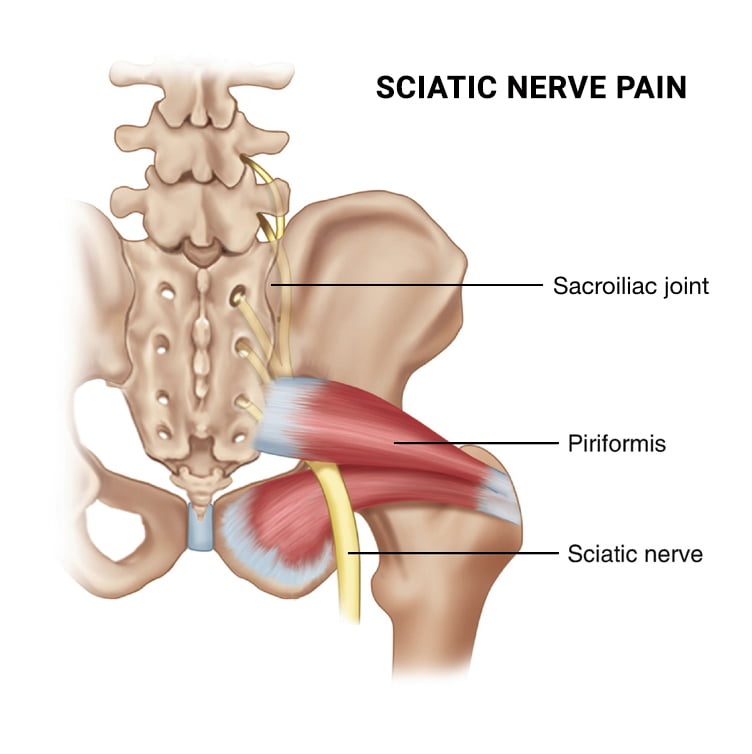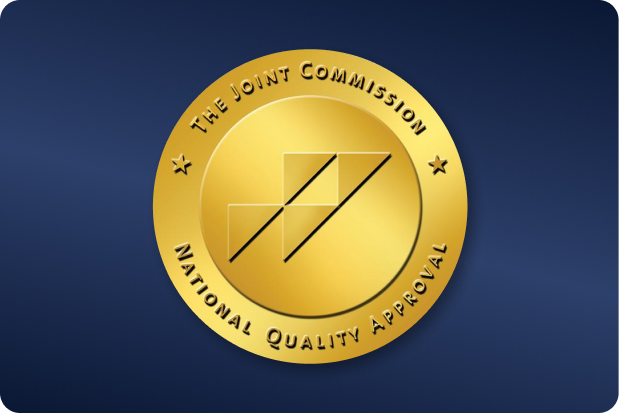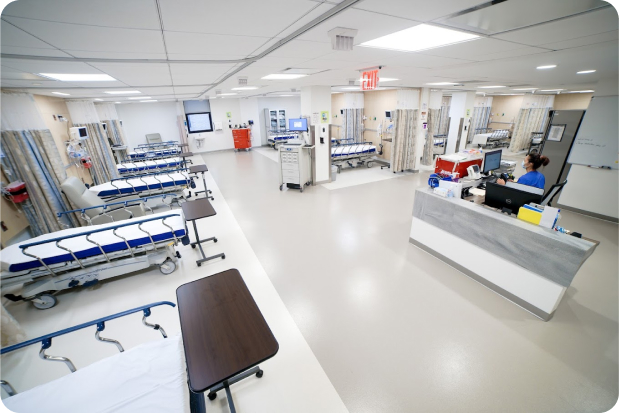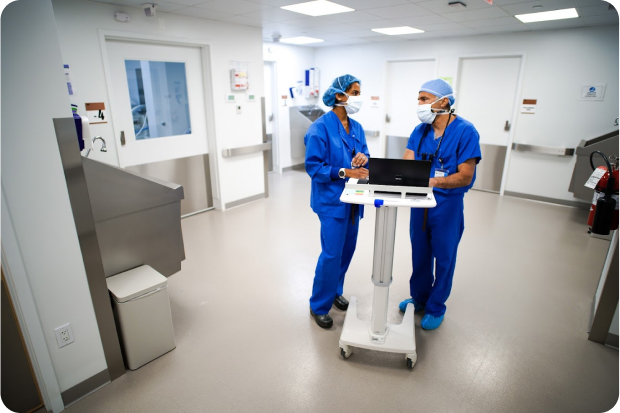 OUR LOCATIONSCall to book (212) 604-1300
OUR LOCATIONSCall to book (212) 604-1300
 OUR LOCATIONSCall to book (212) 604-1300
OUR LOCATIONSCall to book (212) 604-1300
Most of the time, we don’t consider that our back could be the source of our foot pain. Although the feeling of pins and needles isn’t particularly pleasant, as long as it subsides immediately, it usually isn’t a cause for concern. But if you’ve noticed persistent tingling and numbness in your feet, particularly if it lasts for a while and comes back frequently, there might be a more serious issue at hand.
So is it possible for sciatica to cause foot pain? Foot pain frequently occurs in the case of sciatica. A damaged or pinched nerve root in the lower back may cause pain to travel down the sciatic nerve to the feet. A diagnosis of nerve damage can be made if you have foot pain following trauma to your lower back. Consider examining your sciatic nerve further to determine if it may have contributed to the cause of your foot pain.

Most people are often shocked to learn that a back problem that seems unrelated to their foot pain may actually be the reason. But it can still happen. When it develops, this kind of pain is often brought on by an issue with the lumbar region of the back that is creating nerve disturbances in other parts of the body. Nerve conditions in the foot that originate in this region are frequently identified as sciatica symptoms.
Sometimes, the symptoms of sciatic pain might be attributed to aging and lumbar spine degeneration. Sciatica signs and symptoms may include:
Sciatica frequently begins in one leg, but it can spread to the other leg, the buttocks, the feet, and even the toes. One of two things — trauma, such as an accident, illness, or surgery — or a mechanical issue with your body, such as a herniated disk, pelvic congestion syndrome, or piriformis syndrome — usually sets off this condition, despite the fact that there are many other causes. It may also result from the spinal cord inflammation brought on by an infection.
The main source of pain, which frequently extends down one side of the body from the spine, may feel stabbing or scorching in character. Because it has an impact on the nerves that connect down to these regions, it might result in foot and ankle pain. Additionally, some individuals experience progressive numbness, tingling, or burning sensations when moving or changing positions.
It could be challenging to determine the precise underlying cause of nerve pain in the foot given the variety of potential reasons. You can use the following indicators to determine the cause of your foot pain:
Additionally, systemic conditions like diabetes or multiple sclerosis, which affect the nerves in the body, can cause nerve discomfort in the feet. Foot pain can result from twisting, bending, or taking a direct impact to the ankle or foot that damages the bones in the foot, the ankle joint, muscles, blood vessels, and tendons.
Sciatic nerve pain is frequently caused by a pinched nerve. Typically, lower back pain goes together with foot sciatica pain. The discomfort or severe pain you’re feeling appears to originate in your lower back and travel down your leg to your foot. Low back pain and discomfort can be brought on by a slipped disc because it puts pressure on the sciatic nerve root.
Finding the precise source of your foot pain would be ideal. A thorough diagnosis can be made through an examination by a qualified medical professional. Sciatica may result from any of the following lower back conditions:
It is essential that a qualified medical professional correctly diagnoses the main reason for foot pain. Seeing a spine specialist is recommended if one suspects their leg pain and foot pain are caused by a lower back problem. The back specialist will be able to diagnose any lower back conditions that may be causing the pain.
Your medical history will be examined initially by your healthcare practitioner. They’ll then inquire further about your symptoms. During your physical examination, you will be instructed to walk so that the doctor can assess how your spinal column supports your weight.
To assess the strength of your calf muscles, you could be requested to walk on your toes and heels. A straight leg raise test might also be performed by your medical professional. You’ll lie on your back and extend your legs straight during this test.
Your healthcare professional will progressively raise each leg to see where your pain originates. This examination identifies the nerves that are damaged and determines whether you have a disk condition. In order to locate pain and assess muscular strength and flexibility, further stretches and motions will also be requested of you.
Imaging and other tests may be carried out, depending on what the medical professional learns during your physical examination. These imaging and other tests might include:
Each person who experiences sciatica is unique. Different types of pain can have varying degrees of intensity, and different things can trigger these symptoms. A more drastic course of action might be tried first for some patients. In general, if a 6-week trial of conservative, self-care measures, such as cold and hot compress, stretching, and over-the-counter medications, hasn’t yielded relief, it may be time to go back to a doctor and try another course of action.
There are several ways to treat sciatica symptoms, such as:
Consult the highly regarded and board-certified spine and pain specialists in New York. In order to help you ultimately find relief and return to a pain-free lifestyle, we will examine all potential solutions for your issue, including non-surgical, interventional, and alternative treatments.
Our staff includes spine specialists, physical therapists, sports medicine doctors, physiatrists, and qualified acupuncturists, and we treat anything from lower back pain to severe knee pain and injuries. Call us today to learn more about New York Pain Care’s non-surgical, integrative approach to pain management.






